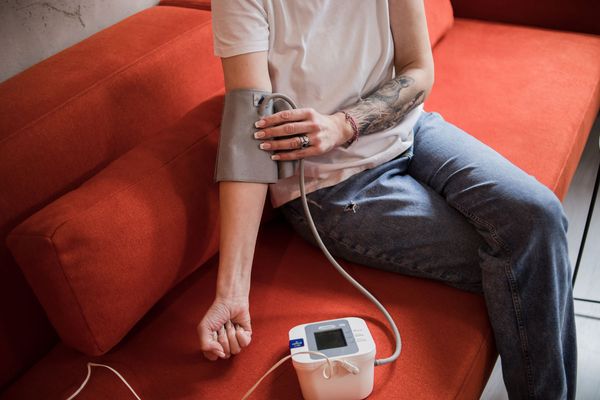Revolutionising Healthcare in the UK: The Transformative Impact of Data on Patient Outcomes, with Emphasis on Data Security
Guest blog by Assad Tabet. Senior Vice President, Healthcare, UKI and Europe, Mastek
Fully utilising health data is more important than ever. If done effectively, it has the potential to deliver better patient outcomes, shape services to meet the needs of the population, and deliver efficiencies and a more resilient NHS.
In the UK, the meaningful use of data has emerged as a linchpin for improving patient outcomes and tackling health inequalities within the NHS. By harnessing advanced data analytics and technology, the NHS has the potential to revolutionize clinical decision-making, enhance patient-centric care, and drive operational efficiency. Nevertheless, in the pursuit of these benefits, it is crucial to recognise the significance of robust data security measures to uphold patient privacy and comply with the ethical standards of the NHS.
A pivotal advantage of leveraging data within the NHS is the ability to personalize treatment plans tailored to the unique characteristics of individual patients. Through the analysis of extensive datasets, care providers can identify patterns and correlations that inform more accurate diagnoses and targeted interventions. This personalized approach not only improves treatment efficacy but also aligns with the NHS's commitment to delivering patient-centred care.
Moreover, data-driven healthcare empowers the NHS to proactively manage chronic conditions, a critical aspect of the UK's healthcare challenges. Continuous monitoring of patient data, including vital signs, medication adherence, and lifestyle factors, enables early intervention and the prevention of disease progression. It can also support the NHS to provide care safely in the most appropriate setting for the patient – including at home – to free up bed space for those most in need. These benefits not only align with the NHS's focus on preventive care, but also contributes to reducing the burden on healthcare resources.
In the field of medical research, the use of data within the NHS accelerates the pace of discovery and innovation. Large-scale datasets contribute to identifying new therapeutic targets, advancing precision medicine, and tailoring treatments to the diverse population the NHS serves. These breakthroughs not only lead to more effective treatments but also pave the way for early detection and prevention strategies, aligning with the NHS's commitment to continuous improvement.
While reaping the benefits of data-driven insights, the NHS must be vigilant about safeguarding patient information through robust data security measures. Patients entrust the NHS with sensitive data, necessitating strict encryption, access controls, and secure storage protocols. Compliance with data protection regulations, including the Data Protection Act and the Caldicott Principles, is essential to maintain patient trust and ensure the ethical use of data.
The transformative impact of data on healthcare outcomes within the NHS is profound. From personalized treatment plans to proactive chronic disease management, data holds the key to a more efficient and patient-focused healthcare system. However, as the NHS embraces the potential of data, an unwavering commitment to data security is paramount. By prioritizing both innovation and security, the NHS can navigate the delicate balance between progress and privacy, ensuring a brighter and more resilient future for healthcare in the UK.
Groups

techUK has launched a Life Sciences workstream, bringing together members actively working in drug discovery, digital therapeutics, data and AI, or those interested in moving into this space. As the Life Sciences sector looks to introduce digital health technologies into its portfolio, techUK are shaping the conversation.

The Interoperability Working Group will work towards achieving the vision set out in NHS England’s 2022 draft standards and interoperability strategy.
The group will aim to encourage the adoption of open standards and fluidity of data whilst recognising the commercial needs of members.
It will also focus on demonstrating the value of interoperability to NHS senior management and improving the abilities of SMEs to implement interoperability standards.

Find out more about our work to shape the digital social care marketplace and how our members are innovating across the industry.
Health and Social Care updates
Sign-up to get the latest updates and opportunities from our Health and Social Care programme.
Authors
Assad Tabet
Senior Vice President, Healthcare, UKI and Europe, Mastek








